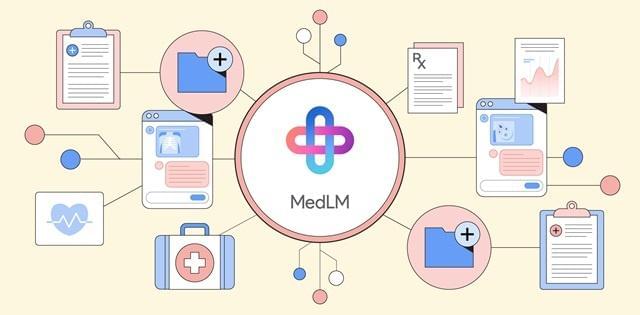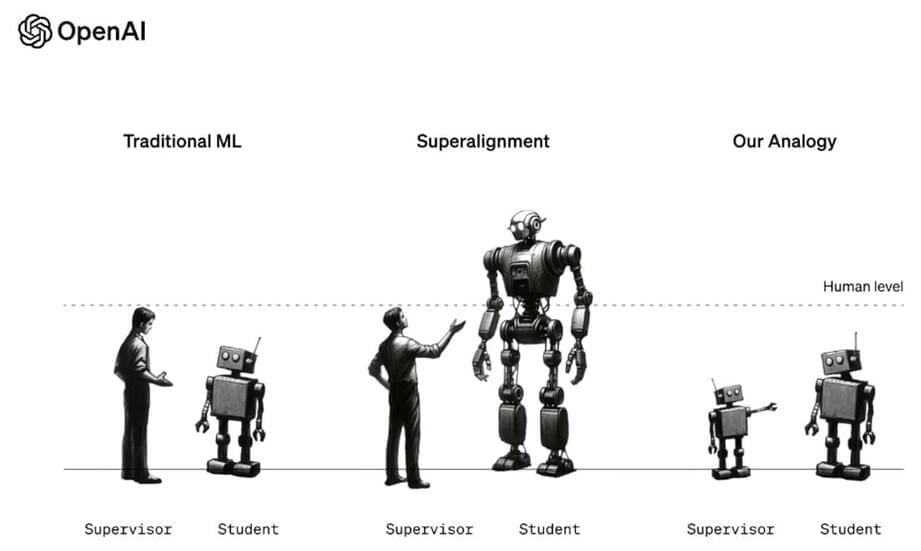Artificial Intelligence (AI) is changing.
AI is changing and it will continue to do so — although this year of generative AI stands out as a seminal moment in time — now we need the right developer tools.


Bad things can happen when you hallucinate. If you are human, you can end up doing things like putting your underwear in the oven. If you happen to be a chatbot or some other type of artificial intelligence (AI) tool, you can spew out false and misleading information, which—depending on the info—could affect many, many people in a bad-for-your-health-and-well-being type of way. And this latter type of hallucinating has become increasingly common in 2023 with the continuing proliferation of AI. That’s why Dictionary.com has an AI-specific definition of “hallucinate” and has named the word as its 2023 Word of the Year.
Dictionary.com noticed a 46% jump in dictionary lookups for the word “hallucinate” from 2022 to 2023 with a comparable increase in searches for “hallucination” as well. Meanwhile, there was a 62% jump in searches for AI-related words like “chatbot”, “GPT”, “generative AI”, and “LLM.” So the increases in searches for “hallucinate” is likely due more to the following AI-specific definition of the word from Dictionary.com rather than the traditional human definition:
hallucinate [ h uh-loo-s uh-neyt ]-verb-(of artificial i ntelligence) to produce false information contrary to the intent of the user and present it as if true and factual. Example: When chatbots hallucinate, the result is often not just inaccurate but completely fabricated.
Here’s a non-AI-generated new flash: AI can lie, just like humans. Not all AI, of course. But AI tools can be programmed to serve like little political animals or snake oil salespeople, generating false information while making it seem like it’s all about facts. The difference from humans is that AI can churn out this misinformation and disinformation at even greater speeds. For example, a study published in JAMA Internal Medicine last month showed how OpenAI’s GPT Playground could generate 102 different blog articles “that contained more than 17,000 words of disinformation related to vaccines and vaping” within just 65 minutes. Yes, just 65 minutes. That’s about how long it takes to watch the TV show 60 Minutes and then make a quick uncomplicated bathroom trip that doesn’t involve texting on the toilet. Moreover, the study demonstrated how “additional generative AI tools created an accompanying 20 realistic images in less than 2 minutes.


WASHINGTON, Dec 14 (Reuters) — Twenty-eight healthcare companies, including CVS Health (CVS.N), are signing U.S. President Joe Biden’s voluntary commitments aimed at ensuring the safe development of artificial intelligence (AI), a White House official said on Thursday.
The commitments by healthcare providers and payers follow those of 15 leading AI companies, including Google, OpenAI and OpenAI partner Microsoft (MSFT.O) to develop AI models responsibly.
Biden’s government is pushing to set parameters around AI as it makes rapid gains in capability and popularity while regulation remains limited.






Our guest today has updated his financial and business model for Tesla Bot Gen 2. With these new capabilities, what are the use cases and what’s the forecast for Tesla’s revenue and margins. Follow Cern on X: @CernBasher Website: BrilliantAdvice.net My website: https://www.herbertong.com Get Free TESLA Milestone Tables Check out 15+ modules of resources for the $TSLA Investor Join this channel or Patreon to get access to perks: Get free access to 15+ modules of TSLA investor resources Become a member: https://www.youtube.com/channel/UC4DBLlq1x0AKmip1QJUcbXg/join Join my Patreon: https://www.patreon.com/brighterwithherbert Use my referral link to buy a Tesla product: https://ts.la/herbert23392 ❤️ Thank you to everyone who supports me and this channel! I really do appreciate your likes, subscribes and comments. Let’s get brighter! Website: www.herbertong.